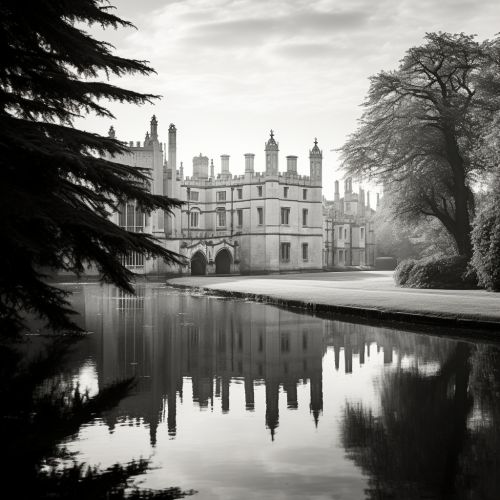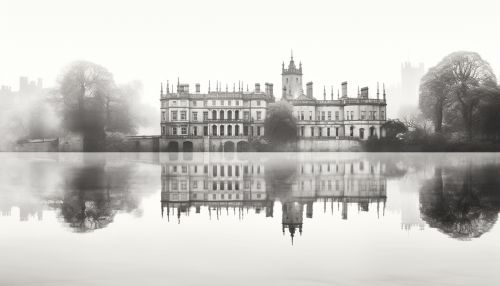Salman Rushdie
Early Life
Salman Rushdie was born on 19 June 1947 in Bombay, British India, into a Muslim family of Kashmiri descent. His father, Anis Ahmed Rushdie, was a Cambridge-educated lawyer-turned-businessman, and his mother, Negin Bhatt, a teacher. Rushdie was educated at Cathedral and John Connon School in Mumbai, Rugby School in Warwickshire, and King's College, Cambridge, where he studied history.


Career
Rushdie began his career as a copywriter for the advertising agency Ogilvy & Mather, where he worked on accounts such as Aero and The Sunday Times. He also started writing fiction in his spare time. His first novel, "Grimus", a science fiction tale, was generally ignored by the public and literary critics. His next novel, "Midnight's Children", catapulted him to literary notability. This work won the 1981 Booker Prize and, in 1993 and 2008, was awarded the Best of the Bookers as the best novel to have received the prize during its first 25 and 40 years.
Rushdie's most controversial work, "The Satanic Verses", was published in 1988 and inspired in part by the life of Muhammad. This book provoked protests from Muslims in several countries, some violent. Controversy over "The Satanic Verses" included the book's banning in many countries and a fatwa calling for Rushdie's assassination issued by Ayatollah Ruhollah Khomeini, then Supreme Leader of Iran, on 14 February 1989.
Personal Life
Rushdie has been married four times. He was married to his first wife, Clarissa Luard, from 1976 to 1987 and they had a son named Zafar. His second wife was the American novelist Marianne Wiggins; they were married in 1988 and divorced in 1993. His third wife, from 1997 to 2004, was Elizabeth West; they have a son named Milan. His fourth wife was the Indian American actress and model Padma Lakshmi, to whom he was married from 2004 to 2007.
Legacy
Rushdie has had a significant influence on literature in the 20th and 21st centuries. His use of magical realism, a technique where fantastical elements are blended into a realistic atmosphere, has been emulated by several other authors. His works have inspired numerous adaptations, including the Oscar-nominated film "Midnight's Children", directed by Deepa Mehta.
